Erle C. Kenton’s famous (but rarely seen these days) Island of Lost Souls (1932) is one of the grimmest and most overtly horrific of all 1930s horror movies. As a teenager, I managed after a time to get my mother to watch the occasional horror movie—I cannot imagine how or why at this point—and she even came to enjoy some of them. At least she said she did. The notable exception was Island of Lost Souls, and she thought it was one nasty bit of goods. I can’t say that she was wrong. The star is a campy Charles Laughton as the utterly depraved Dr. Moreau, but Lugosi’s supporting turn as the Sayer of the Law is unforgettable. Even for a movie made before the production code of 1934, Island of Lost Souls is pretty strong stuff. It was strong enough, in fact, that it was banned outright in Great Britain for being “against nature.” (One suspects this had more to do with Moreau’s plan to “mate” his most successful creation with a human being than with the outright horror elements.) The banning of the film delighted H.G. Wells, on whose novel The Island of Dr. Moreau the film was based—because he hated the film version. Horror fans have always tended to disagree with Mr. Wells on this point. (And if Wells ever saw the subsequent films made from the book, he might have changed his mind.)
Laughton claimed to have based his Moreau on his dentist. Maybe, but it’s also the most outlandishly gay performance of his career—and that’s saying something if you’ve seen his Nero in DeMille’s The Sign of the Cross (1932). His Moreau preens, smirks and generally camps it up—and it somehow makes the character even more horrific. The fact that he finds his incredibly cruel experiments (turning animals into something like humans without anesthetic) childishly amusing is more unsettling than any kind of lip-smacking villainy could ever be. When he giggles after saying, “Oh, it takes a long time and infinite patience to make them talk. Some day I’ll make a woman and it’ll be easier,” it’s both funny and chilling.
Lugosi’s Sayer of the Law is one of Moreau’s more successful works—a kind of werewolf creature—but that success will come to have its price, since the creature’s reasoning ability will not play out in Moreau’s best interests. His most successful is Lota the Panther Woman (Kathleen Burke, who won Paramount’s “Panther Woman of America” contest)—yes, he’s already made a woman—and she’s also the most complex and sympathetic of them.
What is truly remarkable about the film is the way in which it doesn’t shy away from its horror content. Its grotesqueries are as grotesque as the studio makeup artists could contrive. Some of the scenes—the camera panning down the pig-man to reveal one human foot and one cloven hoof—are still disconcerting. The ending of the film, for that matter, may not actually show very much, but it hasn’t lost its power to shock and appall. This must be attributable to director Erle C. Kenton, who has never been given much credit. That may be due to the fact that he cribbed wildly from Rouben Mamoulian’s Dr. Jekyll and Mr. Hyde (1932), but if you’re going to steal, it makes sense to steal from the best. Regardless, it’s a simple matter to appropriate techniques. It’s something else again to make the techniques work—and Kenton makes them all work.
The Thursday Horror Picture Show will screen Island of Lost Souls Thursday, Oct. 16, at 8 p.m. in Theater Six at The Carolina Asheville and will be hosted by Xpress movie critics Ken Hanke and Justin Souther.



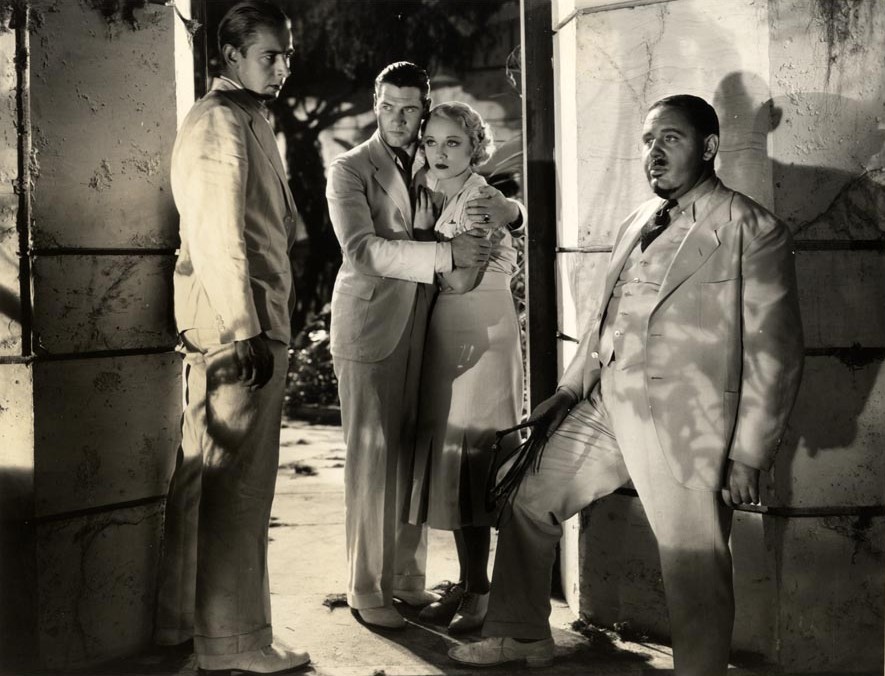
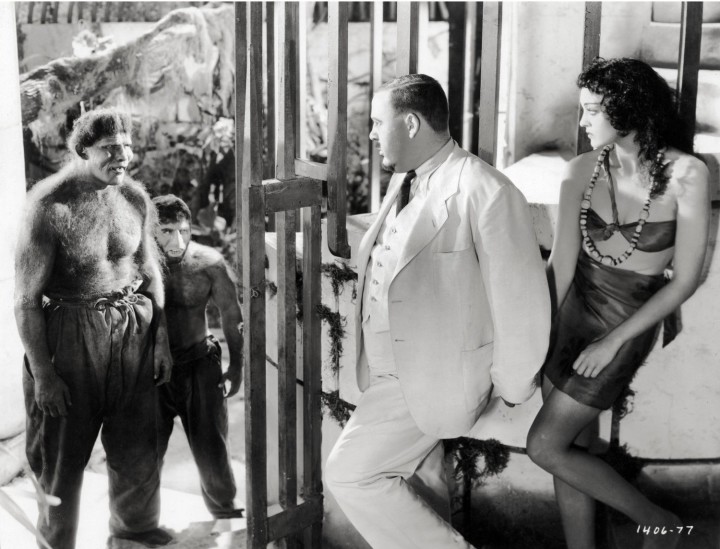
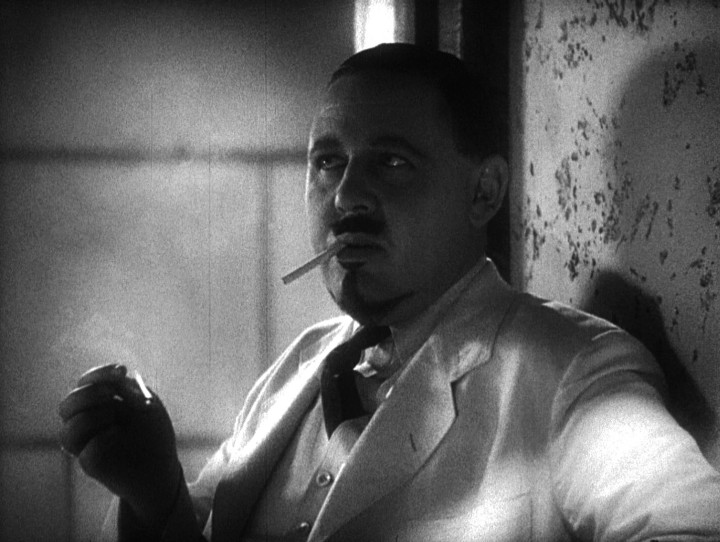
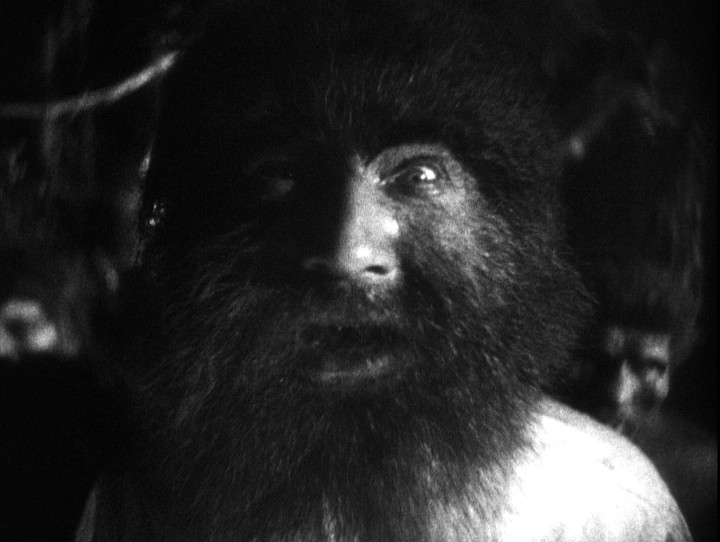
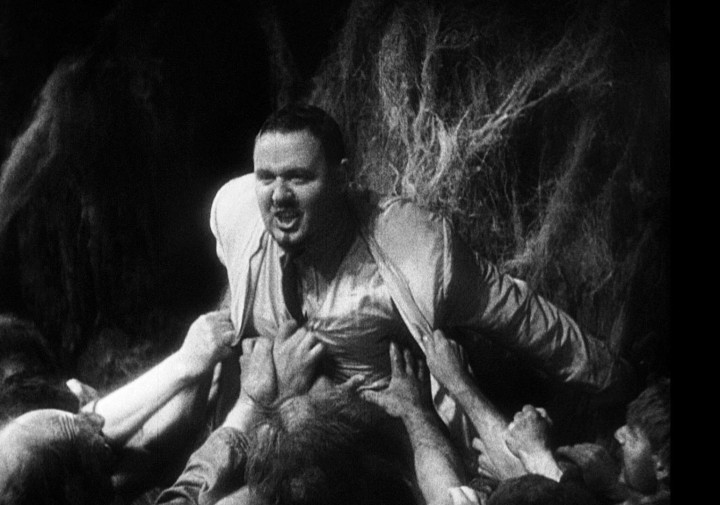
Before you comment
The comments section is here to provide a platform for civil dialogue on the issues we face together as a local community. Xpress is committed to offering this platform for all voices, but when the tone of the discussion gets nasty or strays off topic, we believe many people choose not to participate. Xpress editors are determined to moderate comments to ensure a constructive interchange is maintained. All comments judged not to be in keeping with the spirit of civil discourse will be removed and repeat violators will be banned. See here for our terms of service. Thank you for being part of this effort to promote respectful discussion.